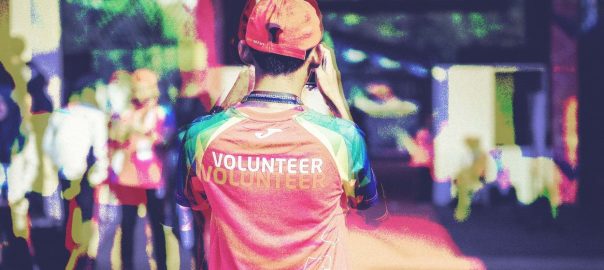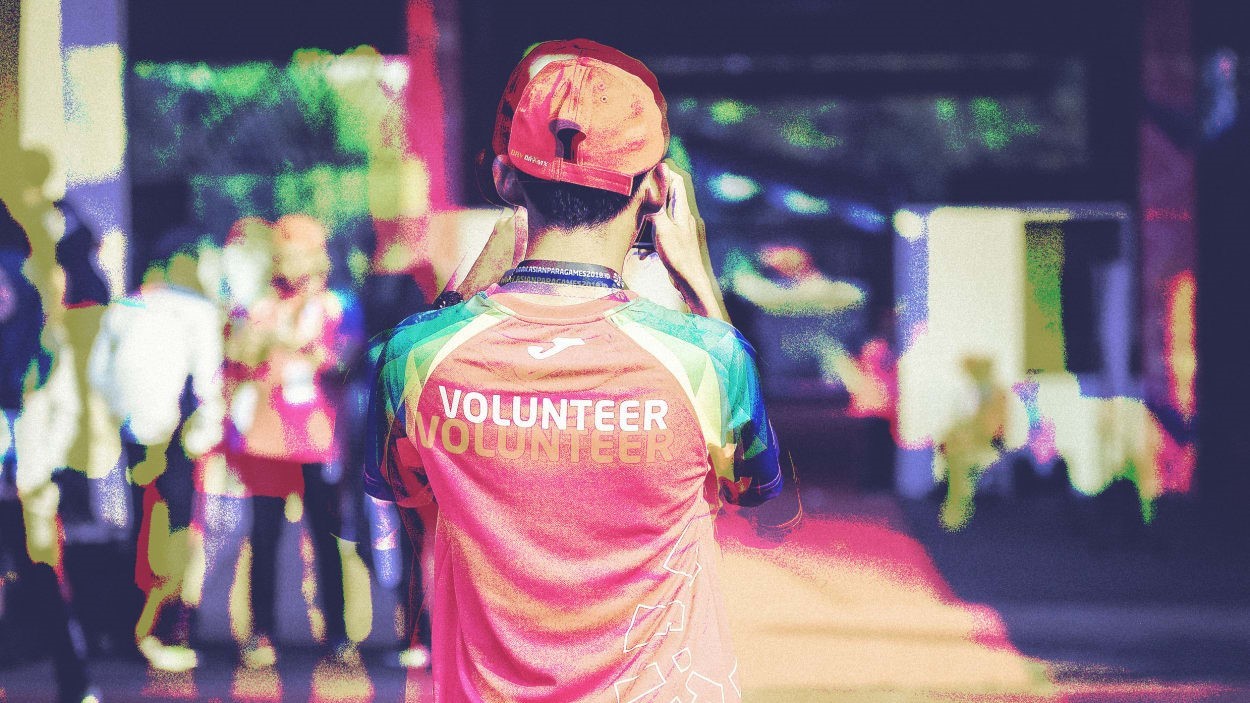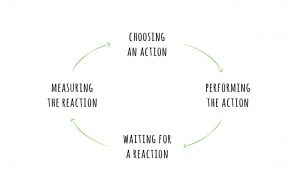Consumers today are not only conscious of corporations’ social responsibilities but are also increasingly informed about what true corporate responsibility means in practice. Tokenistic use of social initiatives to score extra points with customers will no longer cut it.
Social washing has recently come into the spotlight because consumers have discovered that many companies engage in the superficial or insincere use of socially responsible efforts and inflate social impact claims. The term social washing is strongly associated with corporate social responsibility, and many are having important conversations about the extent to which companies should care about sustainability (environmental and social) beyond making profits.
Social washing takes many forms. For instance, rainbow washing is when a brand makes inflated claims of supporting the LGBTQIA+ community. The same can be true when companies falsely claim to support people of color, women, Indigenous communities, or other marginalized groups.
Companies have many options for how to avoid social washing and create positive impacts in their communities. These tools may include environmental, social, and governance strategies; corporate social responsibility; impact investing; philanthropy; and compliance with various legal requirements around labor, supply chains, and stakeholder engagement.
Here are four warning signs of social washing—and what can be done to intervene.
Large claims but no evidence
It is always suspicious if companies and suppliers make big claims about their human rights record without any independent third-party audits. When I’m working with clients, I always ask to see the data and evidence behind their claims.
You can ask questions like: When did you audit? What was the scope of the audit? Did you focus on one facility or corporate management systems? What’s your due-diligence process, and how often do you verify compliance? Are you taking allegations seriously and investigating partners and suppliers?
The strengthening of corporate sustainability disclosures globally provides us with unprecedented insight into how companies manage their commitments.
Bad news
News agencies, civil society organizations, and independent consumer protection organizations are increasingly interested in corporate human rights mandates and implementation. Expert commentators like me are often asked to contribute to articles covering sectors or industries. We provide our commentary based on firsthand experience in a sector or industry. Independent consumer protection organizations or human-rights-based civil society organizations also conduct studies and publish findings. Depending on your industry, there may also be specific certification agencies that publish studies.
For instance, if you are interested in the fashion and garment sector, you may want to read articles about working conditions in factories. Of course one bad article doesn’t necessarily mean an organization is involved in social washing. But media reports of unfair wages, unsafe working conditions, and no regard for legal limitations on working hours should be considered red flags.
Do your social washing due diligence by researching suppliers, labor, and working practices. For example, some of my clients contractually ring-fence their operations and work only with suppliers who sign up to meet adequate labor standards. Other companies also undertake on-site audits and detailed due diligence to verify supplier claims, while others outsource this verification to an independent third-party agency.
Engagement in high-risk sectors or raw materials
Companies in some sectors run a greater risk of social washing. However, companies in high-risk industries are also often more likely to invest in management systems, due diligence, and verification to demonstrate their commitment to social responsibility. Let me give you an example: car part manufacturing.
The contextual risks are high both for supply chain of raw materials (child or forced labor) and for working conditions (occupational health and safety, protective equipment, working hours, and overtime payments). The clients I’ve worked with all ensured that the management systems are in place to screen out suppliers who have a track record of human rights violations, and any supplier who was contracted had to undergo a compliance audit on an annual basis. If your company or partners work in high-risk sectors and have nothing to disclose on main risks and mitigation actions, there is definitively a risk of misrepresenting social sustainability.
Policies but no management systems
The biggest red flag I see when it comes to social washing is the emphasis on policies that cannot be backed up by actions. I am always suspicious when companies talk about policies they introduced and how seriously they take issues when in fact there is no investment in addressing the issues. As part of a management system, teams should establish standard environmental and social conditions that go into any supplier contract, such as defining the minimum working age.
This may seem straightforward, but it’s crucial in a global economy. For instance, it is legal for 12-year-olds in Bangladesh to do “light work.” Light work is defined by the International Labor Organization (ILO) as work “which is not likely to be harmful to their health or development and not such as to prejudice their attendance at school.”
A management system that requires a supplier to increase the minimum working age to 16 (the ILO’s minimum working age) is an example of backing up a policy with clear actions.
So, what can we do to address social washing?
Increase transparency
Transparency is often the first step of addressing social washing. It is a very humbling but worthwhile experience to own up to past shortcomings. You can report on your efforts to manage your supply chain and demonstrate that your management system is commensurate to the risks. Furthermore, you can talk about actions within your leverage that you are taking to address risks. It shows great commitment when clients terminate supplier contracts over human rights violations.
Disclose verification reports if you work in a high-risk sector
Companies that claim to be sustainable or prohibit human rights violations need to back up those claims if they want to maintain their authenticity. This is especially true for companies that rely on raw materials in countries with alleged human rights violations, or industries where manual labor is outsourced to countries with a track record of poor working conditions.
When companies claim that their products are ethically sourced or sustainable, always ask to see the documents to verify the claims. Have they been verified by a certification agency? If yes, request a copy of the latest report. They might get the verification but there might be conditions or corrective actions to ensure full compliance with standards. Generic claims such as “sustainable product” is always a big red flag for me. Sustainable in what way? The sourcing of the raw materials, the top-notch employment conditions, the management of the supply chain?
Be aware of your impacts and management systems
A final step leaders can take to ensure that their organization isn’t guilty of social washing is to speak with clarity and authority about the social issues of the industries they operate in.
Nothing is more disappointing than a C-suite executive who cannot answer basic questions about how their company is responding to human rights risks associated with their operations. For years now my organization has been advocating for policies that require companies to report directly to their respective boards on their environmental and social performance. We believe that if key decision-makers understand the risks (social and financial) their organization faces, they will be more likely to invest in solutions. The reputational damage associated with being found guilty of social washing can make companies pay the literal price by losing customers, investors, and access to financing.
We don’t have to go far to find recent examples of companies being called out. The most notorious industries such as fashion and manufacturing have had several media scandals over the years. Before we move on to the warning signs, let’s put social washing into perspective. Every company follows a set of mandatory and voluntary standards and requirements when it comes to social risk mitigation and positive social impact creation.
In reality, when companies report their efforts to meet these standards, they disclose information about risk mitigation aspects as well as initiatives to proactively create a positive social impact.
In my work as a social performance practitioner, I am mainly concerned with the management systems my clients have in place to identify, assess, and manage risks and impacts. If any element of this management system is not quite right (e.g., no contextual risk analysis for a high-risk sector for labor violations), I could almost be certain that my client is doing the bare minimum—or even less—to safeguard these issues.
Probably the most well-known aspects of social washing relate to human rights risks in the supply chain. But we don’t have to go overseas to find companies who systematically disregard legal obligations for paid sick leave, treat their nonemployee workers unfairly, or maintain unsafe work environments.
Ildiko Almasi Simsic is a social development specialist and author of What Is a Social Impact?
Large claims but no evidence
Bad news
Engagement in high-risk sectors or raw materials
Policies but no management systems
Increase transparency
Disclose verification reports if you work in a high-risk sector
Be aware of your impacts and management systems
Fast Company – work-life
(12)
Report Post






